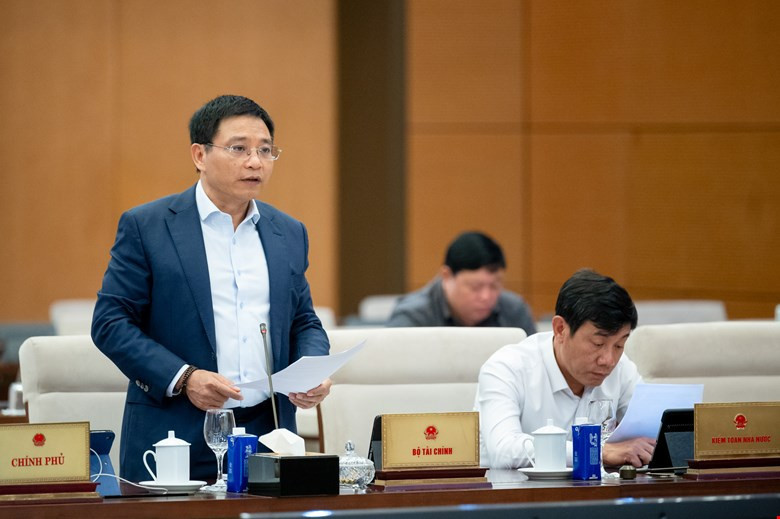On the morning of April 15, the Standing Committee of the National Assembly agreed to submit a resolution to extend the exemption of agricultural land use tax until the end of 2030. This policy is estimated to account for approximately VND 7,500 billion (around USD 300 million) per year.
Minister of Finance Nguyen Van Thang stated that the Government proposes extending the existing policy under which agricultural land use tax is currently waived. Since this policy is already in effect, continuing it will not reduce current state revenues.

According to the proposal, extending the exemption through December 31, 2030, would result in a yearly tax relief of about VND 7,500 billion.
“This is a direct form of support for farmers, serving as an investment into the agricultural sector, rural areas, and farmers themselves. It will help expand production scale, improve product quality and productivity, create jobs, and improve living standards. At the same time, it encourages sustained investment and promotes the long-term development of the agricultural economy,” said Minister Thang.
Chairman of the Economic and Financial Committee Phan Van Mai emphasized that the agricultural land use tax policy should be evaluated within the broader context of land-related taxation. This includes taxes on agricultural and non-agricultural land, land use fees, and rental fees, and must align with the newly amended Land Law. This integrated approach will ensure tax policy supports the country’s development goals.
Following the review, the National Assembly’s Economic and Financial Committee expressed full agreement with the Government’s proposal.
Vice Chairman of the National Assembly Vu Hong Thanh confirmed that the Standing Committee will submit the proposal for consideration at the next National Assembly session.
According to Resolution 28/2016/QH14, tax exemptions are granted for all agricultural land used by households and individuals who are allocated land by the state for farming. This includes land obtained through inheritance, gifts, or land-use rights transfers.
The resolution also applies tax exemptions to agricultural land assigned by the state to economic organizations, political institutions, socio-political organizations, professional associations, public service units, and other entities directly using the land for agricultural production.
However, if these entities lease the land to other organizations or individuals for farming, the state will reclaim the land under the Land Law. Until that process is complete, they must pay 100% of the agricultural land use tax.
The Vinh